We have all heard of the raw diet and of course the vegetarian diet, but what is the difference between vegetarian and raw food diets?
A raw foodist is a vegetarian, but one who generally is not going to cook his vegetables or fruits. A vegetarian is someone who simply doesn’t eat meat, fish or poultry, but only consumes vegetables, pasta, and rice. A vegetarian might eat meatless spaghetti sauce or order onion rings in a restaurant. (Not the healthiest choice, but sometimes it’s hard to find something to eat in a restaurant if you’re vegetarian – even harder if you’re a raw foodist.) Being vegetarian can benefit the body. A vegetarian diet can help lower cholesterol, and blood pressure, aiding in the prevention of heart disease. Additionally, vegetarian food is fibre-rich which helps regulate bowel movements, prevent constipation and reduce the risk of colon cancer.
There are different categories of vegetarians, like vegans, or fruitarians, and raw foodist is a category of vegetarianism. We haven’t seen anything about sushi being considered a raw food, but it is. Raw food, though, generally means eating raw, uncooked fruits, vegetables, dried fruits, seaweeds, etc.
But to be a raw food purist means raw broccoli, not steamed. To a vegetarian, someone committed to not eat meat or fish or animal products, steamed vegetables are just as good, although everyone would agree that steaming can take out nutrients from foods, rendering them less nutritious. A vegetarian might consume dairy or egg products; however a vegan will not consume any animal products at all. And a raw foodist is a vegan who consumes only uncooked, unprocessed raw foods.
Proponents of the raw diet believe that enzymes are the life force of a food and that every food contains its own perfect mix. These enzymes help us digest foods completely, without relying on our body to produce its own cocktail of digestive enzymes.
It is also thought that the cooking process destroys vitamins and minerals and that cooked foods not only take longer to digest, but they also allow partially digested fats, proteins and carbohydrates to clog up our gut and arteries
Followers of a raw diet cite numerous health benefits, including:
• increased energy levels
• improved appearance of skin
• improved digestion
• weight loss
• reduced risk of heart disease
A raw diet may not be for everyone, be sure to speak with a nutritionist to see what sort of diet may be best for you to ensure your body is getting what it needs.

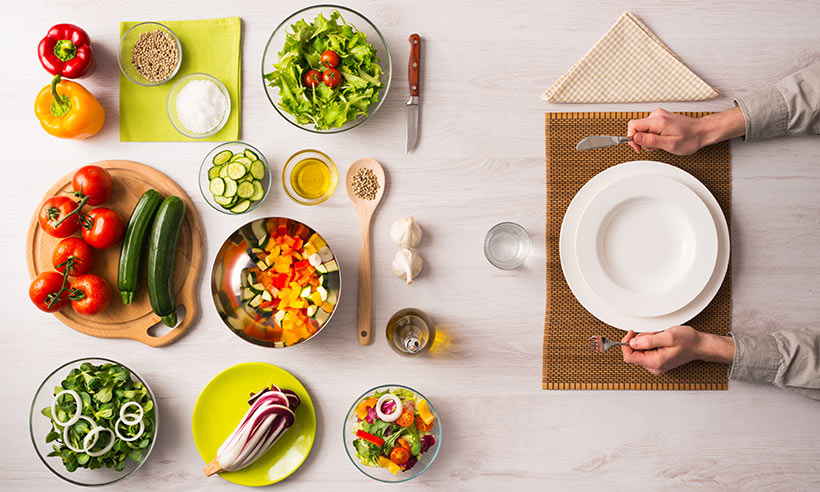
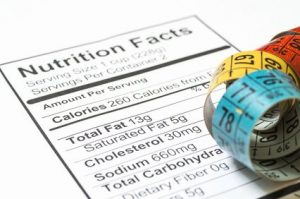
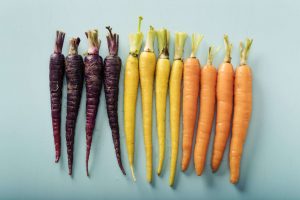
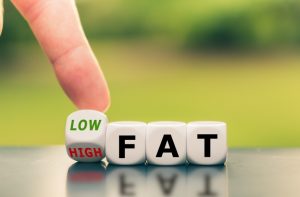

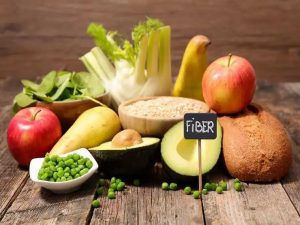





Be First to Comment